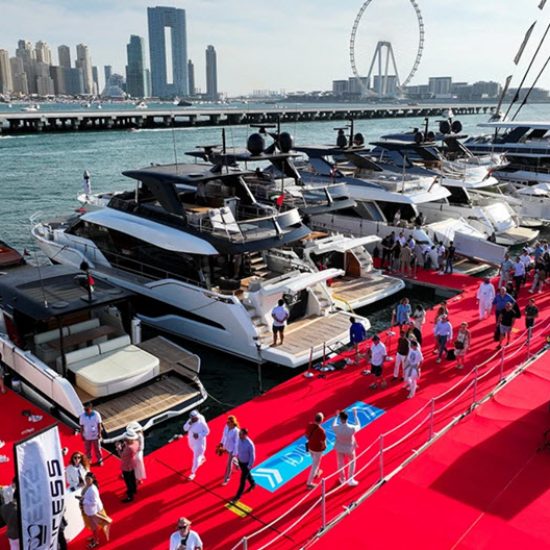
Uber’s crisis PR activities have returned to relative normality in Asia after the U.S. firm ran into fresh issues with government regulators in two countries this week: Hong Kong and Thailand.
The ride-sharing giant has been fighting some serious corporate fires in the U.S. lately — around its toxic work culture, connections to a polarizing U.S. President, and its CEO’s attitude to its drivers — but it is back to basics as UberX drivers in the two countries come under fire for operating in legal grey areas.
In Hong Kong, five UberX drivers were fined HK$10,000 (around $1,300) and banned from driving for 12 months after being found guilty of using their vehicles for commercial services, Reuters reported. The fines date back to a raid in August 2015, reportedly carried out following complaints from licensed taxi drivers. The drivers themselves bear the legal brunt of the case because of Hong Kong’s legal system, so the uncertain legal status of the service could deter other drivers from signing up.
“We are very disappointed with today’s court decision, which we believe goes against the best interests of riders, drivers and the city of Hong Kong itself,” Uber said in a statement.
“We have consistently sought to partner with authorities and other stakeholders to find solutions that enable ridesharing to flourish, and we will be submitting proposals for regulatory reform to the existing Government and the three Chief Executive candidates,” it added.
Meanwhile, in Thailand, authorities in both capital city Bangkok and Chiang Mai, where Uber launched in late 2016, have also cracked down on so-called unlicensed taxi operators. A police sting in Bangkok netted at least 23 UberX drivers, the Bangkok Post reported, while local transport workers in Chiang Mai are said to be roaming the city’s streets taking photographs of drivers which are then presented to authorities.
Ironically, authorities in Thailand have caught Uber drivers by posing as customers. That’s something that Uber guards against with its Greyballing program, the existence of which was revealed this month, but the company recently pledged to curtail its usage in relation to authorities.
Like Hong Kong, Thai law doesn’t forbid taxi app services — the government set up its own ‘All Thai Taxi’ app and Grab’s licensed taxi service is legal — but it doesn’t permit consumer vehicles to be used for commercials purposes. That makes the legal status of UberX and Grab’s GrabCar private service murky at best, despite the fact that both services have operated in Thailand for more than two yeas.
In response, Uber has asked its customers and drivers in Thailand to sign a digital petition as a sign of their support.
“The government wants Uber to be regulated under the Motor Vehicle Act B.E.2522 (1979), which was drafted over 38 years ago when the concept of “ridesharing” and smartphone technology didn’t exist. By insisting on this, the country risks missing out on the full benefits that ridesharing brings to riders, drivers and cities. It also goes against the government’s “Thailand’s 4.0 initiative,” which aims to make the country into a regional hub of technology and innovation,” Uber wrote on the website.
Last year, Thailand’s government banned motorbike taxi on-demand services from both Uber and Grab following complaints from Bangkok’s incumbent motorbike taxi industry. Grab has since pivoted its service to logistics in response, working with customers such as Rocket Internet’s FoodPanda and consumers. UberMoto, Uber’s rival service, was withdrawn entirely.
Asia has been a mixed bag of results for Uber. While the company competes fairly squarely with rivals like Grab (Southeast Asia) and Ola (India), it is in the process of selling its loss-making China business to rival Didi and recently “paused” its service in Taiwan following pushback from regulators.





